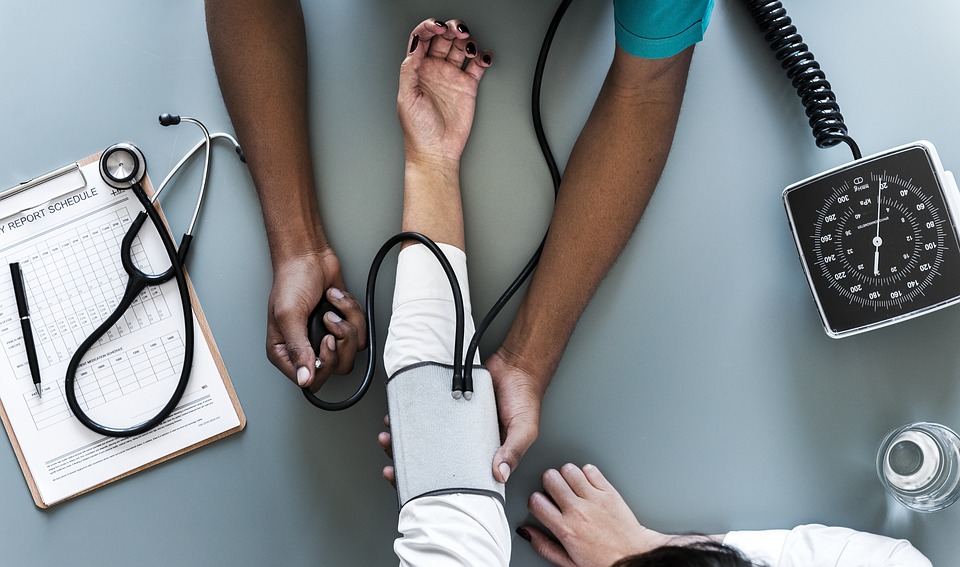Roughly 20 percent of Americans have allergies. That means that if you are a primary care physician and see 20 patients per day, roughly four of your patients will be affected by allergy symptoms.

(Pixabay / rawpixel)
You can understand a lot about patients’ allergies by asking about the nature of their allergic reactions. What symptoms do they experience? How often do the symptoms occur? How long do they endure? A basic physical exam can also help you gauge the severity of a person’s allergies. When you look at the lining of their nose, for example, you may detect telltale nasal inflammation that indicates allergic rhinitis.
If allergies seem to be a credible concern, an allergy test is in order. You may be used to referring your allergic patients to an allergist for testing, but primary care physicians can now order an allergy test kit and conduct testing in their offices.
There are a number of different types of allergy tests, including blood and skin tests. Skin scratch testing (also known as intradermal testing) is considered to be the most accurate method by the American Academy of Allergy, Asthma and Immunology.
A turnkey allergy test program will include clinical training to teach medical assistants to administer the test. The test kit comes with a pronged device. You can dip each prong into wells containing different allergen extracts. With several quick applications of the device (usually on the arm), you can test your patients for dozens of allergens. You can then wait for the patients’ sensitivities to develop in the form of raised red bumps on the arm that you can measure and record.
Skin scratch tests take 15 to 30 minutes per patient.
AllergyEasy offers the following test kits:
- Inhalant Allergy Test Kit –this kit tests for 60 inhalant allergies, including pollens (trees, grass, weeds), molds, dust, cats, and dogs.
- Food Allergy Test Kit – this kit tests for 40 food allergies (including milk, wheat, and nut allergies)
- Combination Test Kit – this kit screens for 40 of the most common inhalant and food allergens.
Testing in-house allows you to help your allergic patients while increasing your medical practice revenue. Primary care physicians can couple their allergy testing with a turnkey allergy treatment program that will allow them to prescribe allergy immunotherapy for lasting allergy relief.


